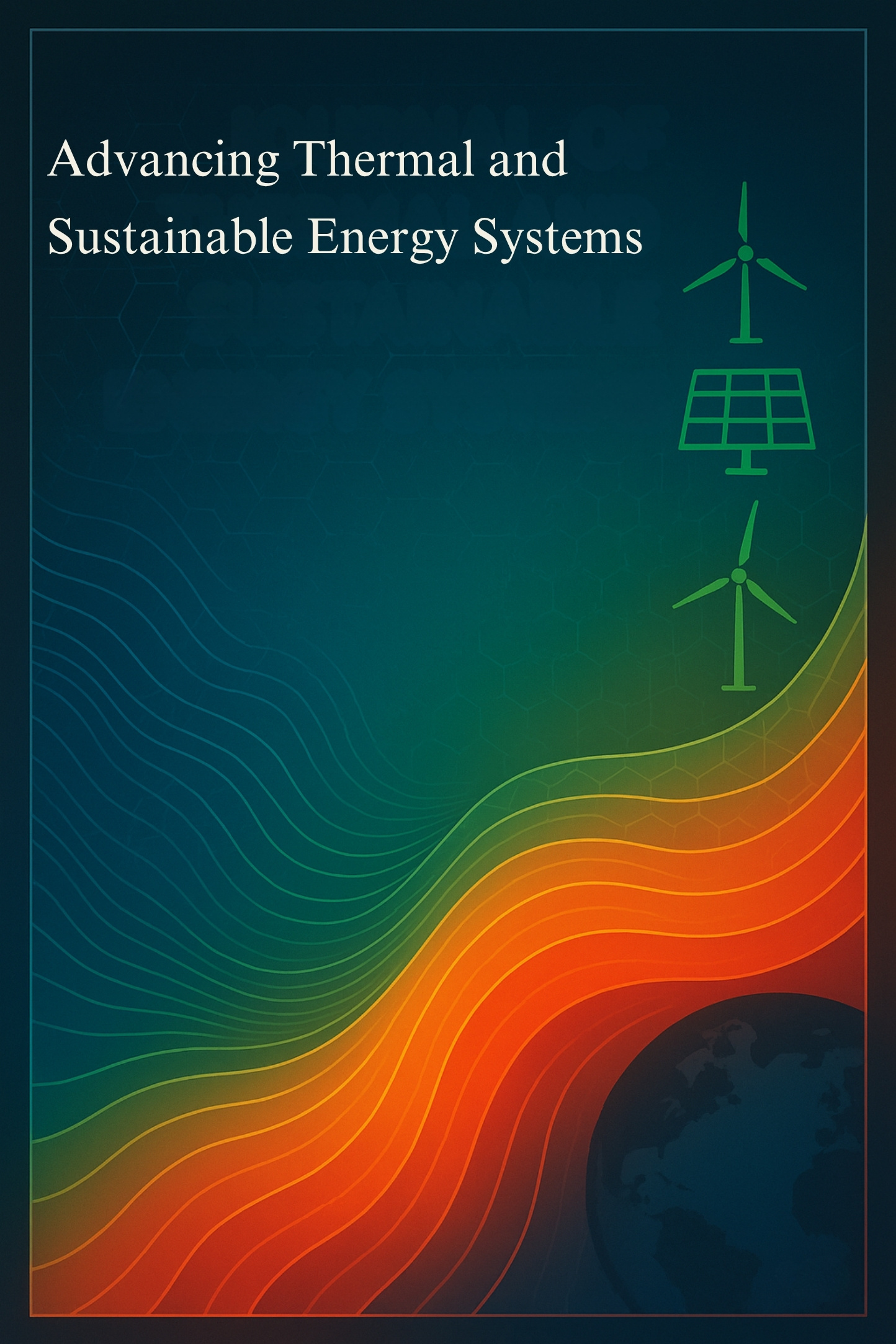Integrated Structural and Drivetrain Engineering for Enhanced Efficiency in Electric Three-Wheel Freight Vehicles
Keywords:
electric goods carrier, three-wheel vehicle, chassis optimization, regenerative braking, suspension performanceAbstract
Electric three-wheel goods carriers are emerging as a vital solution for sustainable urban freight, offering reduced emissions, low operational costs, and enhanced maneuverability in congested areas. Many commercially available models, however, suffer from performance limitations due to non-optimized structural design, inadequate suspension systems, and underpowered drivetrains when subjected to heavy payloads. This study addresses the lack of a systematically engineered vehicle that integrates structural strength, drivetrain efficiency, suspension comfort, and braking safety. The objective is to design, fabricate, and evaluate a purpose-built electric goods carrier capable of maintaining stability, safety, and efficiency under varying loads. A mild steel tubular chassis was developed for optimal load distribution, coupled with a BLDC motor and belt drive system tuned for reduced vibration and noise. Leaf spring suspension and regenerative braking were incorporated and tested through speed, acceleration, range, gradient climbing, braking distance, and vibration reduction trials. Results revealed that the optimized design maintained over 85% of its no-load speed at full payload, improved gradient climbing capability by 30% compared to standard retrofits, and achieved up to 60% reduction in vibration amplitude under load. Regenerative braking provided measurable energy recovery without compromising stopping distance. These findings indicate that targeted structural and mechanical optimization can significantly enhance the operational viability of electric goods carriers for urban freight. Further research could explore advanced composite chassis materials and adaptive suspension systems to extend durability and performance under diverse operating conditions.
Downloads

Downloads
Published
Issue
Section
License
Copyright (c) 2025 Journal of Thermal and Sustainable Energy Systems

This work is licensed under a Creative Commons Attribution 4.0 International License.

